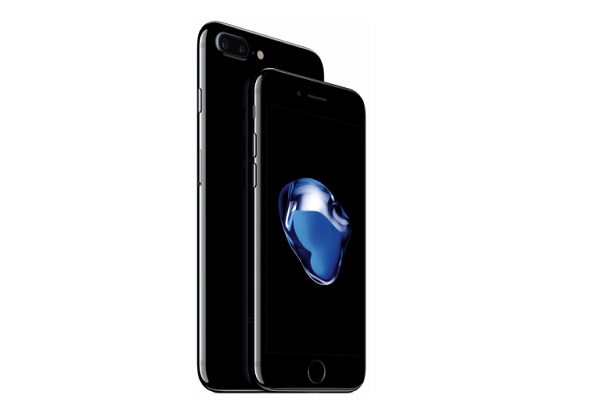BT, Facebook, Google and Samsung have said Qualcomm’s attempts to ban the sale of iPhones would damage competition in the United States.
The four companies are part of the US-based Computer & Communications Industry Association (CCIA), which issued a statement in response to ongoing legal action between the chipset maker and Apple.
Qualcomm has accused Apple of infringing six of its patents and demanded the United States International Trade Commission (ITC) ban imports of iPhones.
Even though Apple is not one of the CCIA’s 31 members, the organisation’s President and CEO said the ITC should reject the sales ban request.
Ed Black said: “Qualcomm is already using its dominant position to pressure competitors and tax competing products. If the ITC were to grant this exclusion order, it would help Qualcomm use its monopoly power for further leverage against Apple, and allow them to drive up prices on consumer devices.
“What’s at stake here is certainly the availability of iPhones and other smartphones at better prices. But even more critical is the principle of open competition that has been historically important to US economic success. The ITC has a choice whether to further reward anti-competitive behavior – or to reject this anti-free market, anti-consumer request.”
The tussle between Apple and Qualcomm shows no sign of abating with the chipset maker opening a European front in its row.
Patent-infringement lawsuits have been filed in two separate German courts, seeking damages from Apple for iPhones imported into the country.
Don Rosenberg, Executive Vice President and General Counsel of Qualcomm claimed Apple is using Qualcomm’s technology “while refusing to pay for it”.
He said: “Qualcomm’s inventions are at the heart of every iPhone and extend well beyond modem technologies and cellular standards. The patents we are asserting in Munich and Mannheim represent two technologies important to iPhone functions, but they are not standards-essential patents and are not subject to FRAND licensing obligations.”
The row between the companies kicked off in January, when Apple accused Qualcomm of withholding around $1 billion in payments.
Qualcomm then hit back, seeking damages from Apple for “underplaying” the performance of its chips.



